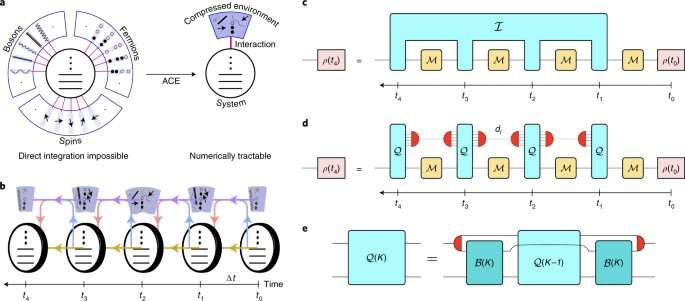Fig. 1: Depiction of the ACE approach. Credit: Nature Physics (2022). DOI: 10.1038/s41567-022-01544-9
Today, quantum systems are becoming increasingly important for technological innovations in information processing, cryptography, photonics, spintronics, and high-performance computing. They are in constant interaction with their environment, which influences their modes of operation in many respects. Physicists at the University of Bayreuth, in cooperation with partners at the Universities of Edinburgh and St. Andrews, have developed a novel algorithm to simulate and calculate these influences. In Nature Physics they present their discovery, which is ground-breaking for the understanding of open quantum systems.
The researchers call their algorithm Automated Compression of Environments (ACE). "With this development, we have achieved a breakthrough in the simulation of quantum systems. This is because it is of extremely high relevance for high-tech applications of quantum systems to be able to realistically simulate environmental influences. We expect that our new method will lead to many valuable insights into technologically relevant quantum systems. It will certainly also pave the way for the development of new quantum algorithms and for the control of quantum systems," explains Prof. Dr. Vollrath Martin Axt, who led the research work at the University of Bayreuth.
The new algorithm is characterized by a high degree of flexibility. Unlike many other methods, it is able to describe several different environmental effects together on a microscopic level—and to do so numerically completely, without having to resort to approximations to the model that are common in simulations of many-particle models. The new algorithm also overcomes a number of limitations faced by previous methods for simulating and calculating external influences on quantum systems. "ACE enables a virtually unlimited range of applications: It can be applied equally to bosonic, fermionic, or spin environments. The influences of Gaussian and non-Gaussian environments, linear and non-linear environments, and diagonal and non-diagonal environments can now be simulated equally with high precision," Axt explains.
More information: Moritz Cygorek et al, Simulation of open quantum systems by automated compression of arbitrary environments, Nature Physics (2022). DOI: 10.1038/s41567-022-01544-9
Journal information: Nature Physics
Provided by Bayreuth University
























